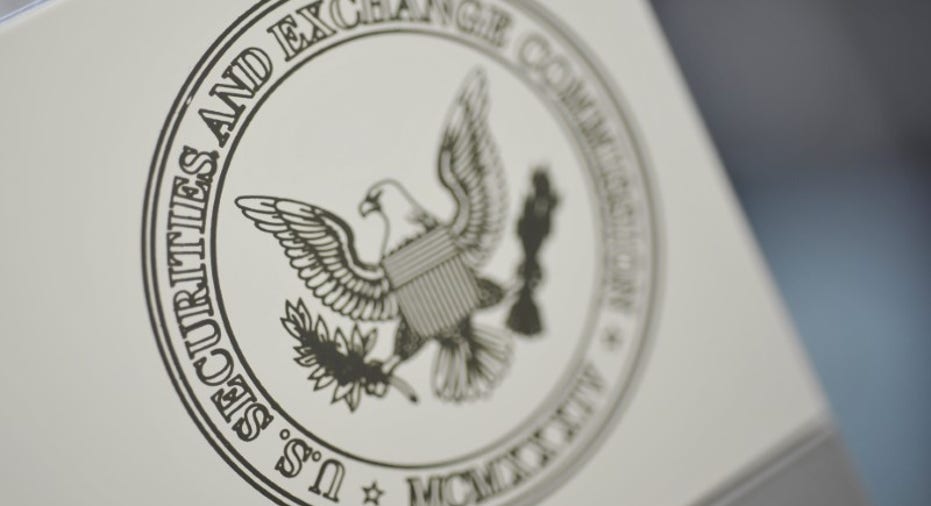SEC investor advocate to poll small U.S. investors on new rules

WASHINGTON – The U.S. Securities and Exchange Commission is developing a plan to poll mom and pop investors about their views on how regulatory policies may impact them directly, amid concerns their voices are not often heard when the SEC writes new rules.
In a speech at "SEC Speaks," an annual conference held by the Practicing Law Institute, SEC Investor Advocate Rick Fleming said on Friday his office is creating a "more nimble process" that will allow the SEC to use surveys, focus groups and other means to gauge investors' viewpoints.
The initiative is intended to help the SEC's attorneys better measure the benefits that new rules may provide to investors.
Fleming said he has concerns the SEC is overly focused on calculating the economic costs of new rules, and stakeholders like banks, mutual funds and public companies have a lopsided amount of input into how and whether new rules should be implemented.
"Instead of just relying upon the public comment process and hoping for investor feedback, the commission should take more proactive steps to understand the needs of investors. And with better information, the commission can be more confident that its policy choices will not reflect a mistaken assessment of their true needs," he said.
How the SEC calculates the costs and benefits of rules has been at the heart of litigation in the past.
Trade groups like the U.S. Chamber of Commerce and the Business Roundtable have successfully sued the SEC over rules by alleging the agency failed to adequately weigh the costs and benefits.
While the SEC is already required by law to consider the impact regulations would have on competition, efficiency and capital formation, it took steps after a few high-profile legal defeats to further bolster how it conducts economic analyses.
President Donald Trump has publicly pledged to start whittling down or killing regulations that he believes are overly burdensome to companies.
But if investors who are polled voice support for a rule slated for possible repeal, it might give those proponents the ammunition they need to defeat such a repeal.
(Reporting by Sarah N. Lynch; Editing by Cynthia Osterman)



















